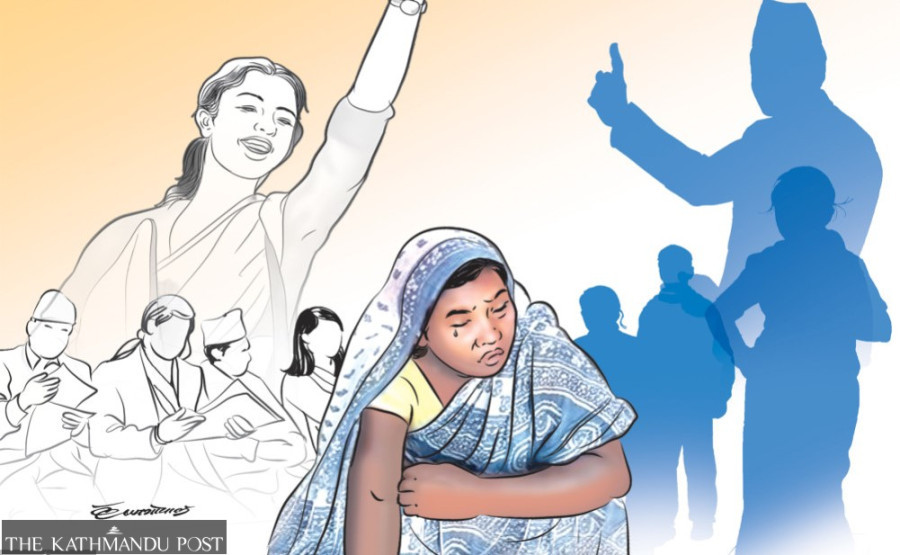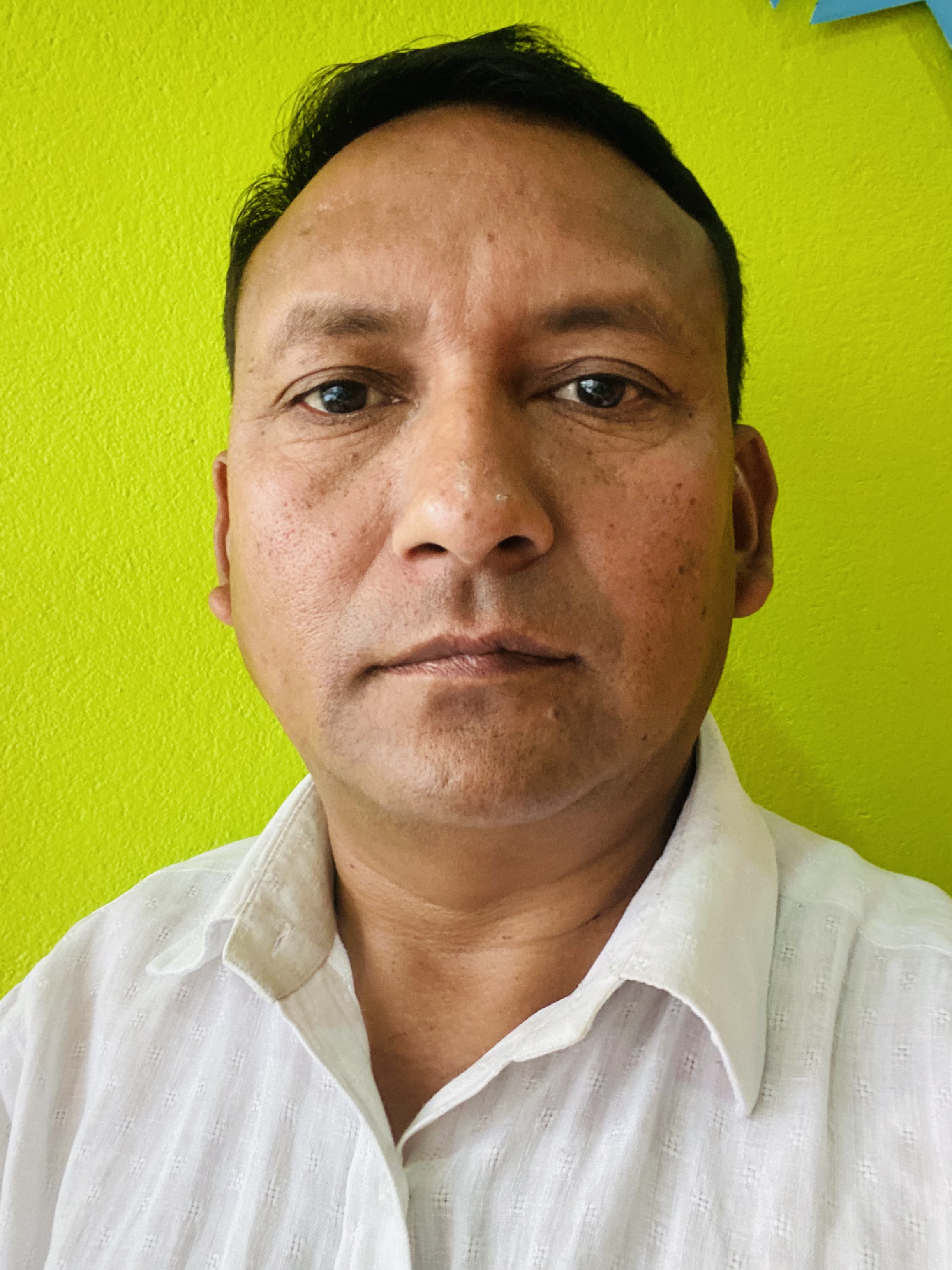Columns
Debating the ‘Dalit’ word
Eliminating a word doesn't necessarily free the community from oppression.
Mitra Pariyar
On December 19, 2024, the veteran communist leader and upper-house parliamentarian Bamdev Gautam caused quite a stir in the Dalit community by suggesting that the word ‘Dalit’ must be removed from official documents, including the constitution and the law. He made a fallacious argument that removing the word Dalit from all written documents would somehow emancipate that community and guarantee their rights.
Speaking to the National Assembly’s Development, Economic Affairs and Good Governance, Gautam said, “Let’s remove the term Dalit from our dictionary… On the one hand, we decry discrimination against Dalits and the infringement of their rights; but on the other, our language, acts, constitution, law as well as document written by the scholars all refer to them as Dalits.”
No doubt, Dalit has become a controversial term over the years, even within the Dalit community. Social media is full of comments from ordinary people, most of whom are upper castes, where the word is presented as a kind of license to dominate and discriminate against the “untouchables”.
And, strangely, some Dalits themselves tend to agree! Especially the younger generation of Dalits, particularly those from the towns and with some opportunities and privileges, harbour a degree of disgust with the word. They think Dalit identity, Dalit quotas and Dalit literature have further exposed them to discrimination. There’s some truth in that, of course, but it’s a mistaken understanding.
But this is the first time a senior communist politician—a former deputy prime minister and home minister—has expressed his anger at the Dalit word. How do we understand this attitude of a senior politician towards us? What does he want by attacking Dalit identity, one wonders: True liberation of Dalits or the end of their limited access to power and privilege?
A nonsensical argument
Gautam’s assertion on removing the word Dalit from legal and official documents and literature apparently for their own sake doesn’t make any sense. There’s no evidence to suggest that simply getting rid of a word automatically liberates the community from traditional oppression.
There’s the glaring case of India. The Dalits of this country started using the term Dalit as their self-identification centuries ago. However, the Constitution of independent India, passed by the Constituent Assembly on November 29, 1949, doesn’t refer to any caste or community as a “Dalit”. The untouchables have been constitutionally and legally identified as the “scheduled caste” instead.
A question to respected Gautam is: Has the avoidance of the term Dalit from the official lingo in India really contributed to the emancipation of Dalits? Has this policy really stopped the practice of untouchability in society? The answer is, squarely, no!
In contrast, the usage of the term Dalit in Nepal is quite recent. The political movements of the “untouchables”, often supported by the Nepali Congress Party and the communist parties, borrowed it from India and started using it in their movements only seven decades ago.
But we’ve been subjugated, exploited, separated and humiliated as “untouchables”, following Hindu laws, from centuries ago, well before the unification of Nepal by Prithvi Narayan Shah in the mid-18th century. It’s important to keep in mind, therefore, that the significant section of the Nepali population currently recognised as Dalits have been suppressed and tormented, including through state laws and policies (such as the Muluki Ain of 1854), since long before the use of the term came into use. Is it fair then to lay the entire blame of Dalit suffering on what I would consider an innocent word?
Change culture, not literature
Nobody would suggest that one word or one form of identity should be established forever. Healthy debates and discussions on any identification must be welcomed and encouraged. It’s a good idea to change communal identity befitting the changing times. But this should happen amongst the concerned groups themselves; upper-caste leaders like Gautam must not intervene.
But many of us hold that this is not the time to argue against using the term Dalit. For one thing, unlike humiliating terms like untouchable and water-unusable and low caste and small caste, Dalit identity wasn’t forced upon us by the state or the religion. The state started using this term, instead of the other highly stigmatised terms mentioned above, according to our own needs and demands.
Moreover, it’s crazy to think that simply removing the word would remove the stigma of caste and minimise caste hatred against us. It’s not that simple, is it? In this futile exercise, various Dalit groups have adopted new surnames including some resembling the prestigious upper-caste surnames.
The Kami and Damai each has more than two hundred family names! A fake family name would provide a degree of cover against caste prejudice in unfamiliar social settings—but that doesn’t, and hasn’t, in any way, liberated anybody from the traditional forms of exclusion and humiliation.
We recently met with former prime minister and Maoist chair Pushpa Kamal Dahal “Prachanda”, who agreed with our assertion that political changes alone haven’t changed the situation of Dalits on the ground. What is truly required is a separate “cultural revolution” against the caste system.
I’ve heard some other senior politicians from across the party spectrum express a similar sentiment. Neither Dahal nor we meant here the cultural revolution conducted by Chairman Mao in China in 1967-76. I’ve long advocated the need for religious and cultural reforms to tackle the entrenched problem of caste discrimination in this country. The key to our success.
People often frown at our assertion to conduct religious reform, maintaining that it’s impossible to amend Brahmanism. True, religious texts like Manusmriti can’t be reviewed as easily as a constitution or law. But that doesn’t mean religious traditions and beliefs can’t be corrected according to changing times.
Our society has undergone many religious and cultural reforms in recent years. Upper castes no longer require ritual purification after returning from sea voyages. Intercaste marriage is quite common and acceptable, among non-Dalits in particular. Today’s Bahuns are free to drink alcohol, eat with other castes, play drums, run iron workshops and tailoring shops.
Society has been far more rigid when it comes to reforming the religion and culture to guarantee the constitutional and legal rights of Dalits. That’s the last push we must all attempt. Despite the strong inertia, the state can reform religious and cultural beliefs and practices, with the aid of modern laws. Dalit freedom fighters must pressure the ruling class to work in that direction.
We all want to break the chain of Dalitness. We have no pride in being born a Dalit. It’s an identity that should be dumped in the dustbin of history. But we will only become free from Dalit identity when the rituals and customs get rid of the practice of untouchability.




 18.12°C Kathmandu
18.12°C Kathmandu















